Iran, in the post-sanctions era, was expected to attract more foreign capital and technology, especially in energy sector. In the years 1998 – 2003, Iran invested about $50 billion in the oil industry; $30 billion of such investment went to developing gas fields and increasing production levels. $18 billion was invested in the petrochemical industry. But during the period of the last batch of sanctions, Iran was unable to have such investment in its energy sector. And due to lack of sufficient investment in oil and gas fields, oil and gas production capacity decreased dramatically.
The adoption of suitable energy diplomacy could help to upgrade Iran’s position on both a national and international level. Iran holds the world’s second largest natural gas reserves after Russia and the fourth largest oil reserves after the USA, Saudi Arabia and Russia, but despite this potential, Iran’s share in the world energy market is insignificant. Iran could play a more active role in the world energy market, and further vigor in production, export, marketing, exploration and extraction in the energy sector could create a special position for every country.
It is expected that US sanctions against Iran will directly target the country’s energy sector, affecting energy sources, energy production, and energy trade. If Iran really intends to decrease and limit effects of such sanctions, it needs a more active foreign policy and energy diplomacy. Energy diplomacy is using diplomatic instruments for presenting an international era and preserving the country’s position in the international system. Energy diplomacy is a reaction to geopolitical threats and limits. Active participation in the world sphere, and, in contrast, neglecting energy diplomacy, could result in underdevelopment. In other words, using diplomatic vigor, economic planning, developing technical capacities and using economic resources provide all conditions required for activating energy diplomacy.
There is a direct relation between oil and national security. A crisis, such as national security concerns, increases oil prices on the world market. Iran’s economic dependence on oil products alone is fraught with security concerns. During the last batch of sanctions against Iran energy sector, oil and gas production capacity decreased dramatically.
The effects of the last EU and US sanctions against Iran energy sector can be outlines as follows: 1) Losing world energy market, 2) Decreasing Iran’s share and role in OPEC, 3) Rapid extraction by Iran’s neighbors from shared fields, 5) Increasing national risk due to a decrease of oil revenues and a lack of timely repayment of foreign financial obligations.
Iranian authorities have repeatedly declared that Iran needs to absorb $200 billion for investment in its energy sector; this will be a challenge for Iran’s main concern, along with its current political, economic and social position, to enable it to attract such huge foreign investment.
Most of oil fields are in the second half of their production and their production capacity is dropping annually to an average 8 percent. This is while any attempt at recovering oil fields production capacity requires high technology and foreign investments. In 2017, Iran lost its oil market share in Asia to Saudi Arabia, US and Russia despite gaining higher share in the EU market. Obtaining higher share in the EU market helps Iran to benefit from "Oil for Investment/Goods" with EU companies even if further sanctions are to be imposed on the country. Iran already has difficulties in receiving its oil revenue.
The strategic purpose of the Iranian oil and gas industry in the next two decades can be to “gain a greater share of global energy demand”. This means maximizing the benefits of international energy markets and increasing other countries’ dependency on Iranian oil and finding a strategic position for Iran in the global energy market. Maximizing oil income requires the adoption of coordinated measures, increasing export volume and stability, or increasing the price of oil.
With regard to high EU-US trade volume and Iran-EU trade volume, I think that EU would not like to lose the US market. Some small firms may continue to invest in Iran’s energy sector, but the majority of major EU energy companies prefer to keep good relations with US government and the US private sector. The real problem, however, is for foreign investments to be made without hindrance. Iran needs a legal framework as well as an efficient and quick decision-making process and, most importantly, political stability in both domestic and international levels. Some EU Member States may try to keep and expand their business relations, especially energy relations, but it seems that this way, they would lose the US market. One alternative which Iran can use to keep its share in the oil market is to sell its oil to major consumers with special discounts. In the absent of EU energy firms, Iran may want Russian and Chines companies to invest in its energy sector. But the real problem is, in which condition these companies will be able to invest in Iran; which technology they may use in oil and gas fields; which financial institute would guaranty required oil and gas projects financial resources?
Between 2011-2015, Iran’s economy and especially the energy sector, was faced with the US and EU’s sanctions due to the country’s nuclear program. Sanctions slow down Iran’s plan for development in natural gas field and energy sector. Some of more active foreign companies in energy sector which are in charge of some projects in Iran’s energy projects have withdrawn due to US pressure. Current situation makes any investment, especially in energy sector, difficult. No international bank or financial institute is willingly to return to an energy project in Iran.
Omid Shokri Kalehsar is a senior energy security analyst based in Washington, US.


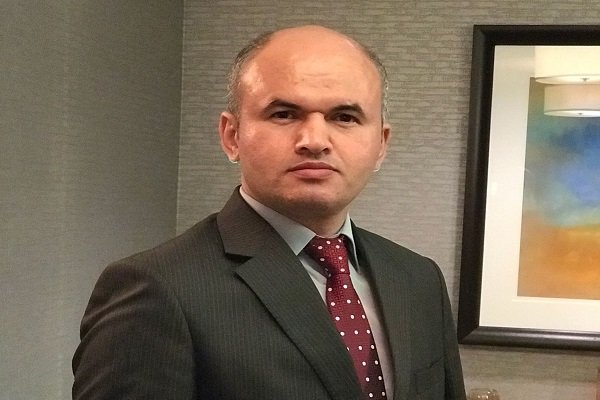
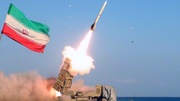
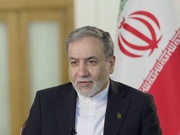
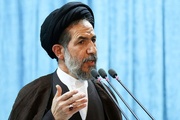

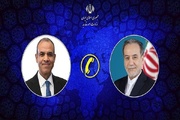
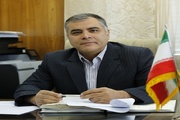
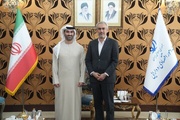
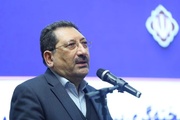
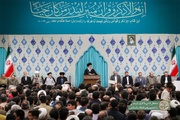
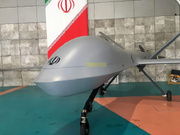









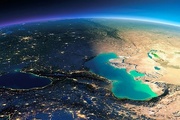


Your Comment